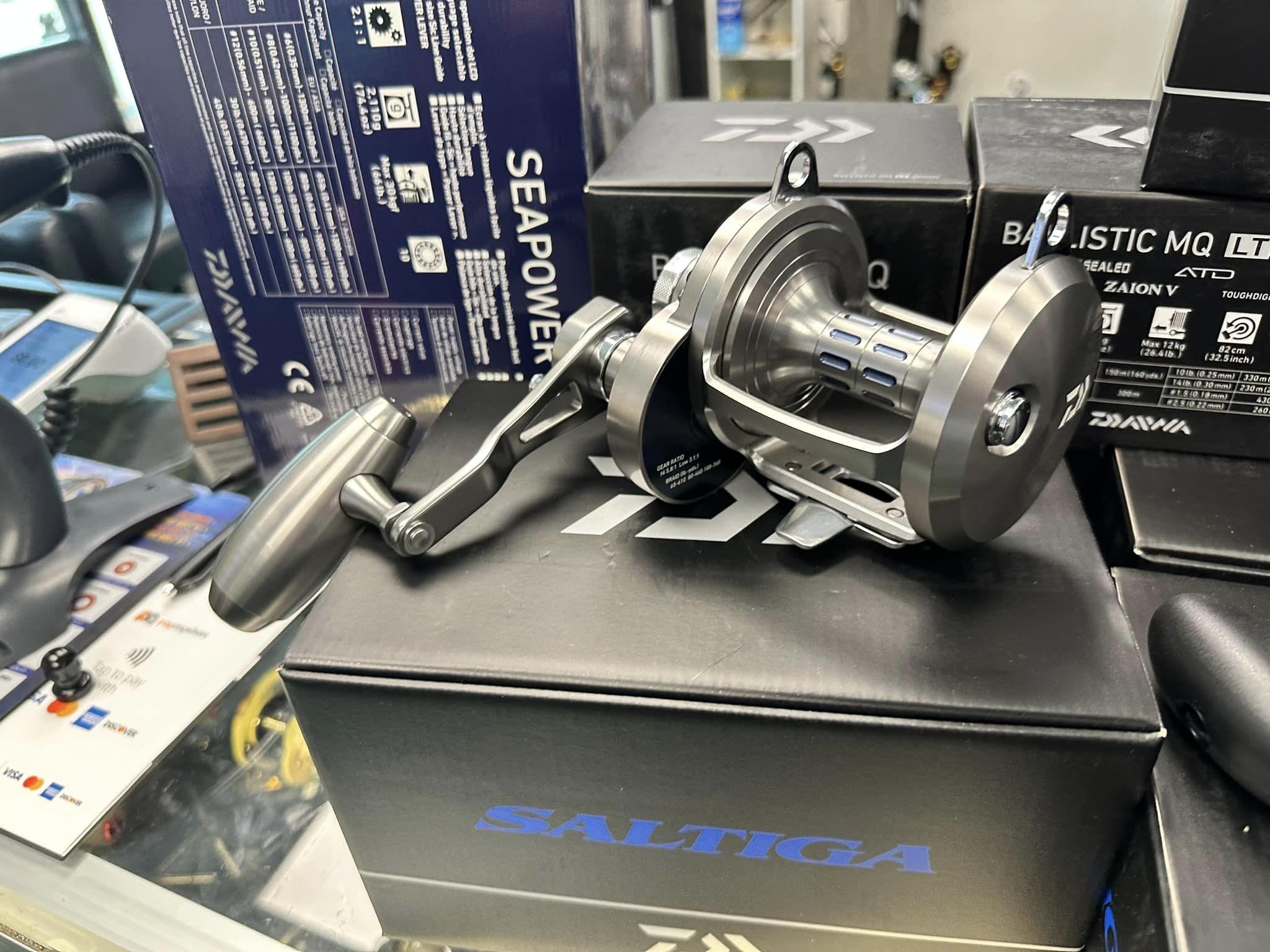Revive Your Gear: The Ultimate Guide to Professional Reel Fishing Repairs
Fishing is more than just a hobby—it's a way of life for many. The thrill of the catch, the serenity of being on the water, and the connection to nature are all integral parts of the experience. However, nothing can put a damper on a perfect day out on the water like a malfunctioning fishing reel. Whether you're an occasional angler or a seasoned pro, keeping your gear in top shape is crucial for success. That's where professional reel fishing repair services come in. In this blog post, we'll explore why maintaining your reel is so important, common issues that might require professional repair, and how to choose the best service to revive your gear.
Why Regular Reel Maintenance is Essential
Your fishing reel is the workhorse of your gear, enduring the stress of casting, reeling in, and often, fighting powerful fish. Over time, dirt, salt, and general wear and tear can take a toll on the internal components, leading to decreased performance or even complete failure. Regular maintenance and timely repairs can extend the life of your reel, ensuring smooth operation and optimal performance.
Here are a few key reasons why you should consider regular reel maintenance:
Enhanced Performance: A well-maintained reel will cast farther, retrieve smoother, and provide better drag performance, giving you a competitive edge on the water.
Longevity: Regular cleaning and lubrication can prevent corrosion and wear, allowing your reel to last longer and saving you money in the long run.
Preventative Care: Addressing minor issues before they become major problems can prevent costly repairs or the need for a complete replacement.
Common Fishing Reel Problems That Require Repair
Even with regular maintenance, fishing reels can still encounter problems that require professional repair. Here are some of the most common issues:
Line Tangling: Tangled line is a common frustration that can occur due to worn-out or damaged line rollers or improper spooling. A repair technician can assess and fix the issue, ensuring your line flows smoothly.
Gear Slippage: If your reel's gears aren't engaging properly, you might experience slippage when reeling in. This could be due to worn gears or a damaged anti-reverse mechanism, both of which require expert attention.
Drag Malfunction: The drag system is crucial for managing the tension on your line when fighting a fish. If your drag is sticking, slipping, or not adjusting correctly, it might be time for a professional repair.
Corrosion: Exposure to saltwater and moisture can lead to corrosion of the reel's internal components. A professional can clean, replace, and lubricate parts to restore functionality.
Bearing Issues: Bearings play a significant role in ensuring a smooth and effortless retrieve. If you notice grinding or resistance when reeling, your bearings might need to be cleaned, lubricated, or replaced.
Choosing the Right Reel Repair Service
Not all reel repair services are created equal. To ensure your reel gets the best care, consider the following when choosing a repair service:
Experience and Expertise: Look for a service with experienced technicians who specialize in fishing reel repairs. They should be familiar with a wide range of reel brands and models.
Reputation: Check online reviews and ask fellow anglers for recommendations. A reputable service will have a history of satisfied customers.
Turnaround Time: Time is of the essence, especially during fishing season. Choose a repair service that offers a reasonable turnaround time without compromising on quality.
Warranty and Guarantee: A trustworthy repair service will stand behind their work with a warranty or guarantee, giving you peace of mind.
Parts Availability: Ensure that the repair service has access to genuine or high-quality replacement parts for your specific reel model.
DIY Maintenance Tips Between Professional Repairs
While professional repairs are essential for serious issues, regular DIY maintenance can help keep your reel in good condition between services:
Clean your reel after each use: Rinse your reel with freshwater after each trip, especially if you've been fishing in saltwater, to prevent corrosion.
Lubricate moving parts: Regularly apply reel oil or grease to the moving parts to keep them operating smoothly.
Check for wear and tear: Periodically inspect your reel for any signs of damage or wear, such as frayed line or loose screws.
Store your gear properly: Keep your reel in a cool, dry place when not in use, and consider using a reel cover for added protection.
Conclusion
Your fishing reel is an investment in your angling success, and keeping it in top condition should be a priority. While regular DIY maintenance is important, professional reel fishing repair services are essential for tackling more complex issues and ensuring your reel's longevity. By choosing a reputable repair service and staying on top of maintenance, you'll be well-equipped to enjoy many more successful fishing trips.
Don't let a faulty reel ruin your day on the water—revive your gear with expert care and keep your fishing adventures smooth and successful!

